James Thornton, CEO of the Intrepid Travel Group shares his thoughts and ideas on how we can all do our bit to leave a legacy of goodness on our travels.
Uk born James is the CEO of the Intrepid Travel Group, the global B Corporation company includes Intrepid Travel, Peregrine Adventures, Urban Adventures, Adventure Tours, Peak Destination Management and the Intrepid Foundation.
Intrepid believes that travel can be a genuine force for good and are committed to giving back to the people and places they visit and empowering their travellers to do the same.
Their vision is to ‘Change the way people see the world.’
We caught up with James to get his worldly insights into the travel industry and how travel can change the world.
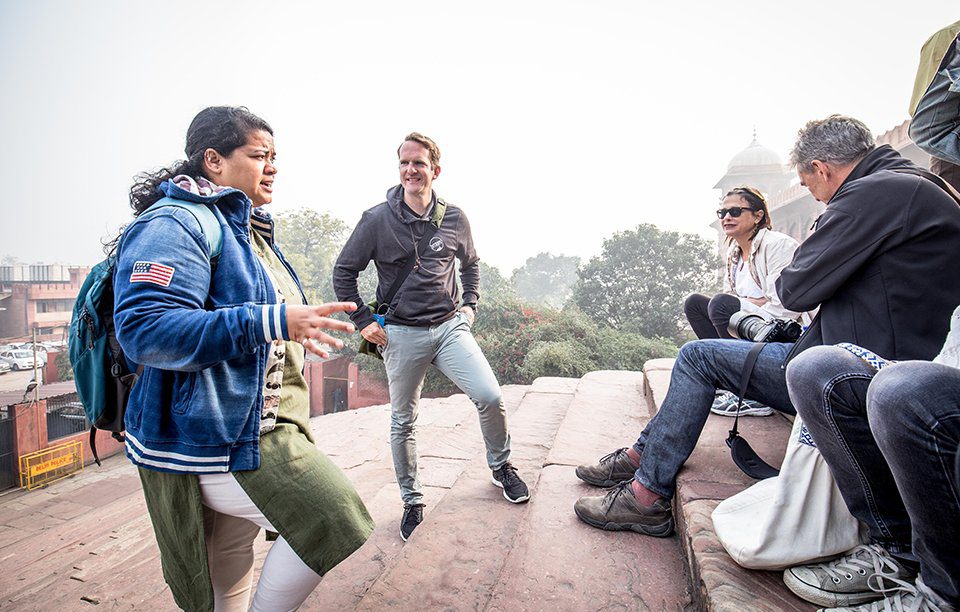
What was it that inspired you to join the travel industry?
My background was in investment management and I was basically working crazy long days wearing a suit. Basically, my purpose in life was to make rich people richer, and I decided that kind of existence was not a great way to spend the next 40 years of my life.
I wanted to do something I was really passionate about and I’m really passionate about two things in life – one is sport and one is travel. I wasn’t good enough to play for a football team so I looked at the travel industry instead.
If I was going to work in the travel industry, I wanted to work for a business that was true to its values so I looked around and found Intrepid.
I’d never done a small group tour before but I joined in 2005 and have never looked back. It was my first job in the travel industry but I’ve been there for 13 years now.
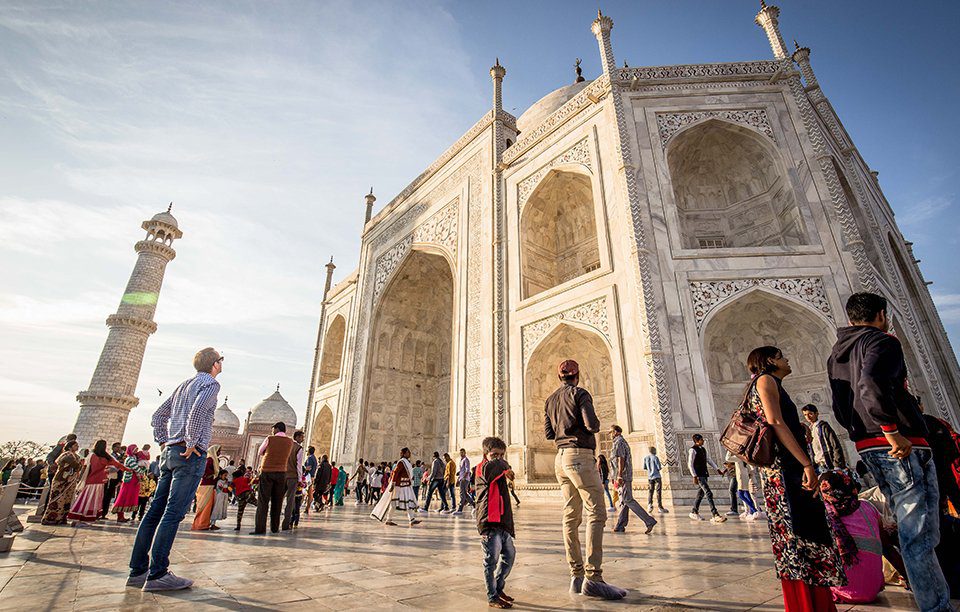
What concerns you about the long term impact of travel on people and the planet?
Tourism is growing not just really quickly but globally. If it’s not managed well, then that growth is going to put pressure on the environment and also the communities that get impacted by travel.
Nowadays big cities like Barcelona, Dubrovnik and Venice are all dealing with major impacts of ‘overtourism’.
The cruise industry is one where if you have unmanaged growth, it can have huge social and environmental impacts on a destination. 300 people suddenly turning up to a town for a few hours is not always a positive experience for people and place.
That was a bit of a motivator for us to launch adventure cruising through our Peregrine brand. We wanted to offer a more sustainable alternative for travellers that enjoy cruises but are also conscious of the environment.
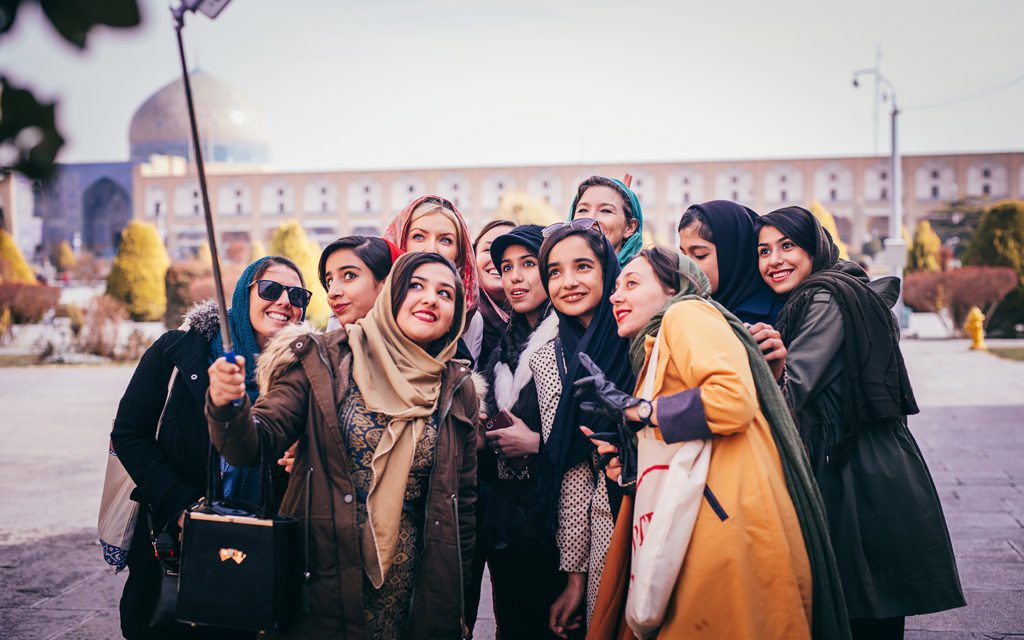
Do you think travel can change the world?
Our vision at Intrepid is to change the way people see the world. Travel helps shape who we are and connects us with each other. I think it transcends intolerance, bigotry and prejudice.
Helping individuals evolve by encouraging tolerance, kindness, compassion, open-mindedness – that’s how travel can help change the way people see the world and hopefully each other.
In the current climate, the approach of thinking travel can change the world is perhaps more important than ever before.
It’s important to think globally when it comes to people’s values – something like elephant riding or buying ivory is acceptable in some Asian countries but it doesn’t necessarily make it right, does it?
Being aware of the treatment of girls, standing up to sexual harassment no matter where you are and being respectful of cultural norms like dressing appropriately when you go to visit temples – these are all key parts of how the travel industry is changing the way people see the world.
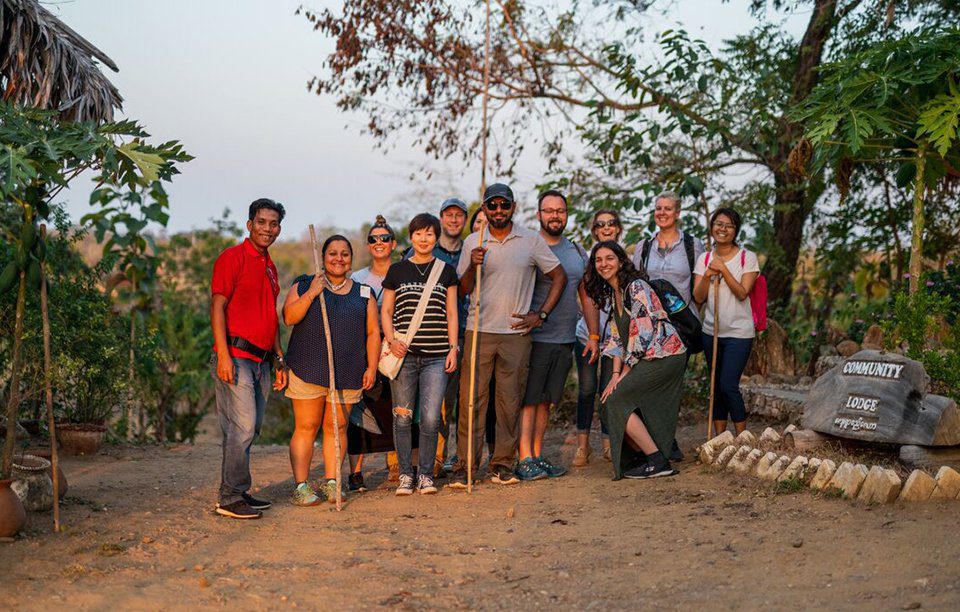
Are you seeing positive change happening in responsible and sustainable travel?
Last year’s United Nations ‘Year of Sustainable Tourism’ for Development put sustainability at top of many tourism business agendas with a range of new initiatives and developments contributing to reaching its goals.
Then there are the recent advancements in green technology in the aviation industry. Aviation has had a really rough go of it but the green technology they are working on is a good thing.
Another positive is the growing demand for responsible travel experiences among travellers, in part due to the rise of blogs, Instagram feeds, Facebook and Twitter – travellers really sharing all of their experiences.
It’s not always about getting a photo at the Eiffel Tower, it’s about having really cool sustainable experiences on the ground like discovering a cool café or trying a local bakery.
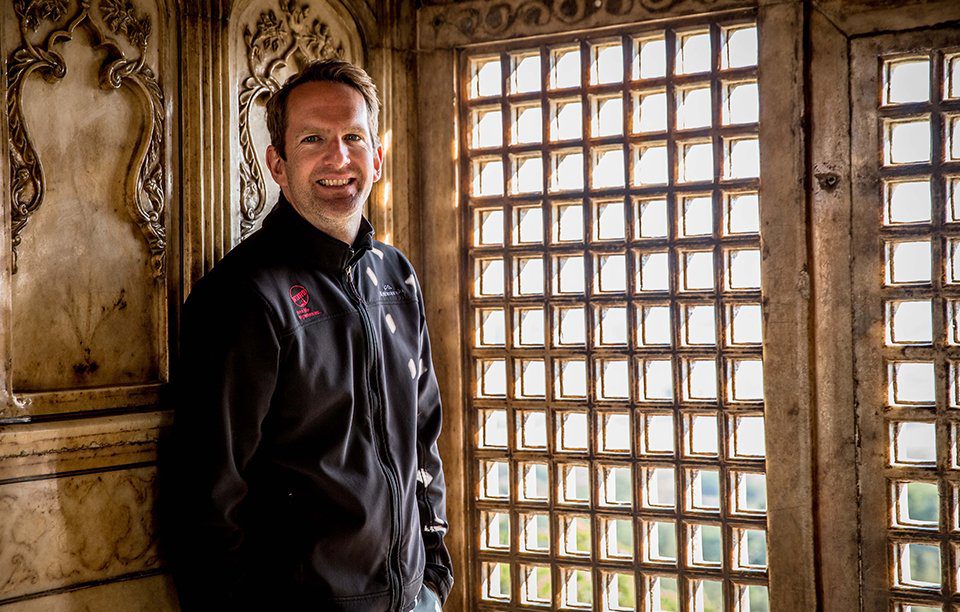
What do you think is the biggest challenge the travel industry faces?
The big test for the industry is managing short-term profitability versus the long-term need to grow sustainably.
That’s something we learned working with a FTSE 100-listed business. Profit is at the forefront of what they do and it’s not necessarily about long-term sustainable growth.
It’s important that destinations try to diversify their product offering to compete in a competitive market but also work on how they can develop responsibly rather than just always dropping prices for example.
Some of the biggest challenges will be around the preservation and protection of countries’ natural and cultural assets – without which there won’t be much of a tourism product in future.
Australia and the Great Barrier Reef is a classic example of that. It’s really important we sustain healthy industries and healthy communities so travellers can go and visit them.
Find out more: www.intrepidgroup.travel

How can you travel to change the world?
Congratulations! By reading this post and taking some of these insights on board, you’ve already made a difference.
Now you can easily create your own impact by sharing your new-found knowledge. Share this link to a friend who you think would be interested or post it on your own social media.
Ultimately, it all comes down to staying curious, keeping yourself up-to-date and making yourself accountable for your actions on your travels.